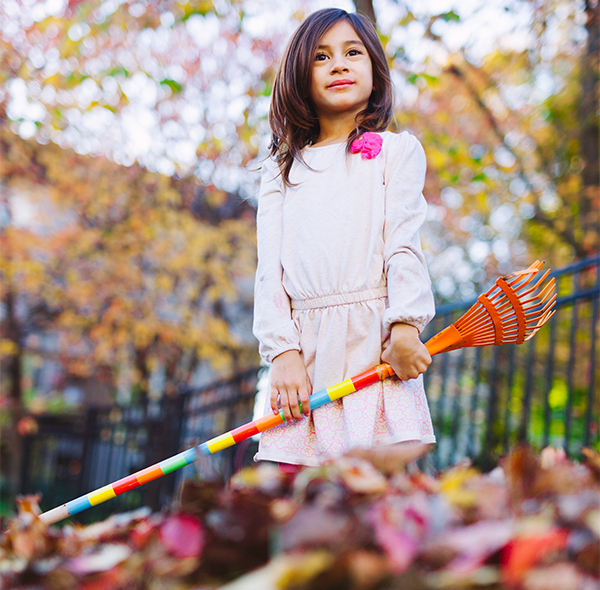Family Counseling Insights brought to you by Patricia McTague-Loft
It’s been said in a variety of ways, but however you phrase it, one of the most important jobs for a parent is raising their child or children to be good adults. Easy to say but then the complications begin. What do we mean by “good?”

Instead of getting hung on semantics, parents might be wise to put together a list of the values or character traits they’d like to see in their children once they become adults. After you’ve complied your list, see if it includes one trait that most psychologists agree on: independence.
If independence didn’t make your list, consider the alternative — dependent. When you flip the trait around, almost everyone agrees that they don’t want their kids to be dependent in any way — emotionally, psychologically, financially — as adults. Independence comes with a host of associated characteristics, all of them on the positive side of the ledger — self-sufficient, responsible, well-adjusted.
Writing for Parents.com, Alanna Gallo says, “kids need to be challenged in order to develop the skills, tenacity, grit, and self-reliance needed to (eventually) function in the world on their own. It takes time, effort, and trust to guide your child to become more independent, but the rewards are well worth it.”
With that in mind, she lists a few habits that you can practice on a daily basis to instill independence in your child or children.
“Let Them Make Mistakes.” Successful adults — in either their personal lives or careers — discover early on that they learn a lot more by failing at something than succeeding at it. Why would it be any different with kids? It’s not. The only key is that kids need guidance to benefit from the lesson. That’s where parents come with, guiding their kids to figure what they could do better next time and encouraging them at every step.
“Involve Them in Authentic Household Tasks.” Talk about a win-win. Start out with small tasks, move them along with chores that are — always! — age appropriate and before long you’ll be getting genuine help with everything from dirty dishes to yardwork.
“Offer Choices and Freedom But Within Limits.” The real and invaluable effect of making choices is the discovery of cause and effect. Your child’s actions have consequences — good and bad. Having a true sense of personal responsibility is the mark of a mature adult. Start small with little ones — choosing the shirt they’ll wear that day — and build up as they grow, with teenagers having a reasonable curfew. Caution: be prepared to restrict the privilege if it’s abused. No one said this would be easy.
“Give Them Space.” Avoid being the stereotypical helicopter parent, hovering over them in all social situations.
“Avoid Over-Correcting.” Hard to do, but refer to “Let them make mistakes” — that’s where the real learning is going on.
“Design Your Space With Independence in Mind.” This isn’t one you might initially think about, but don’t expect your children to set the table for you if all the dishes are in the top cupboard. Think about the physical layout of your home or yard before assigning chores.